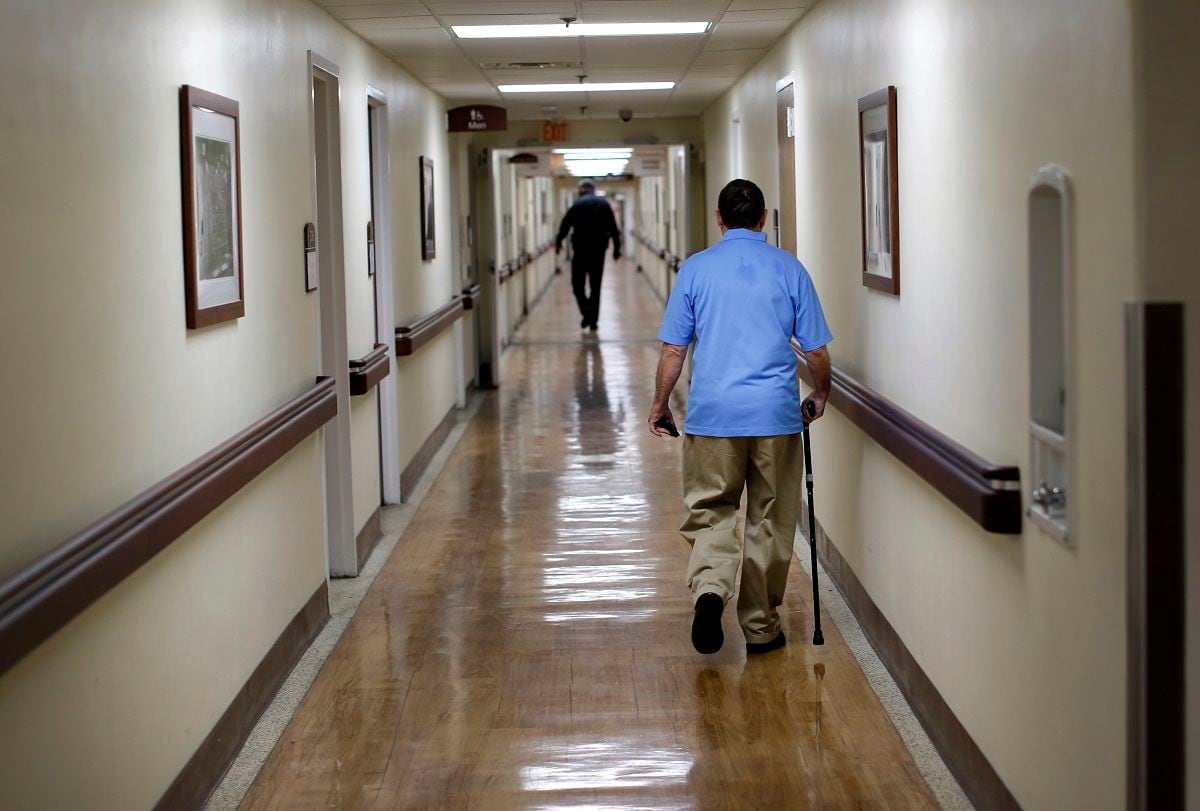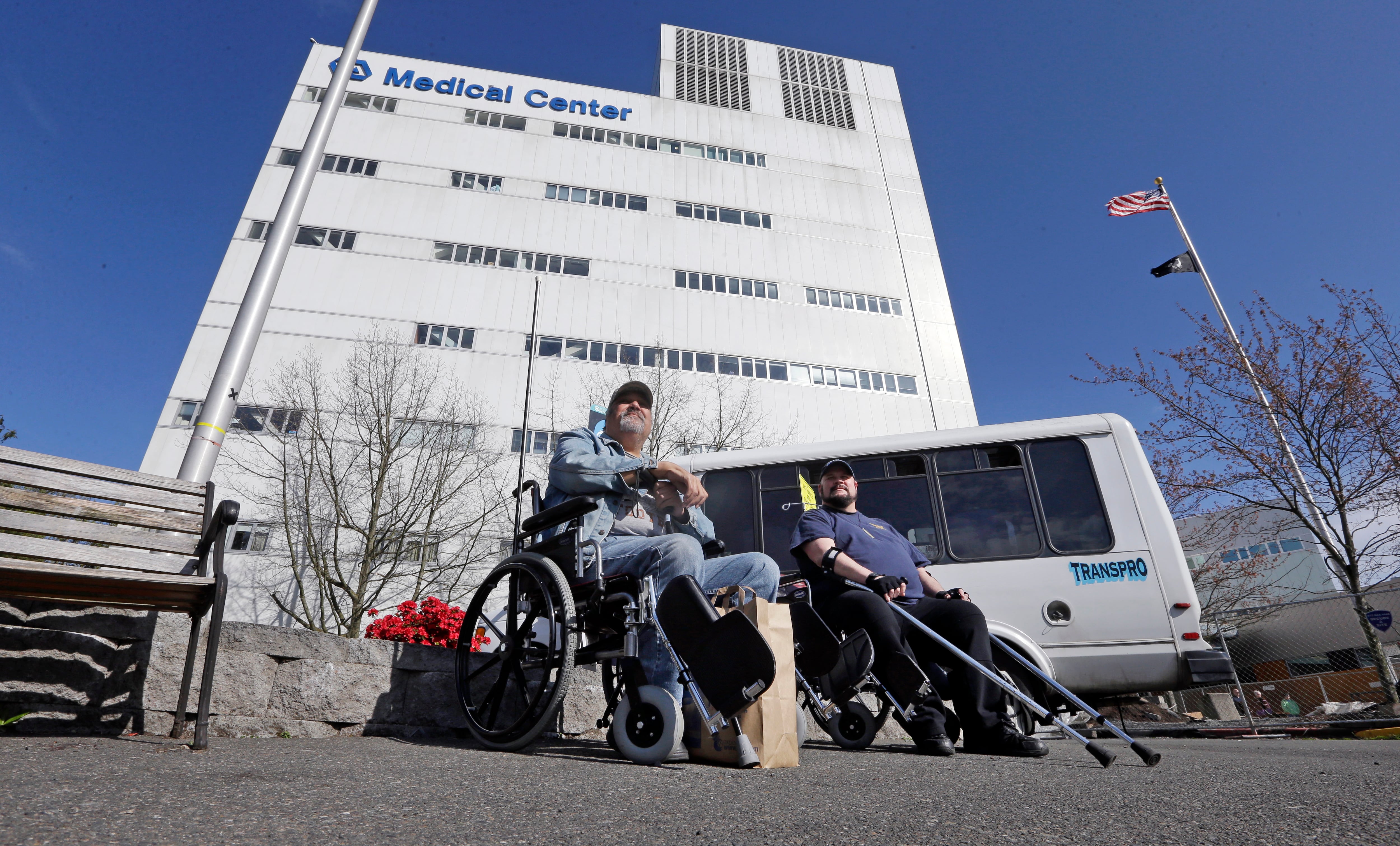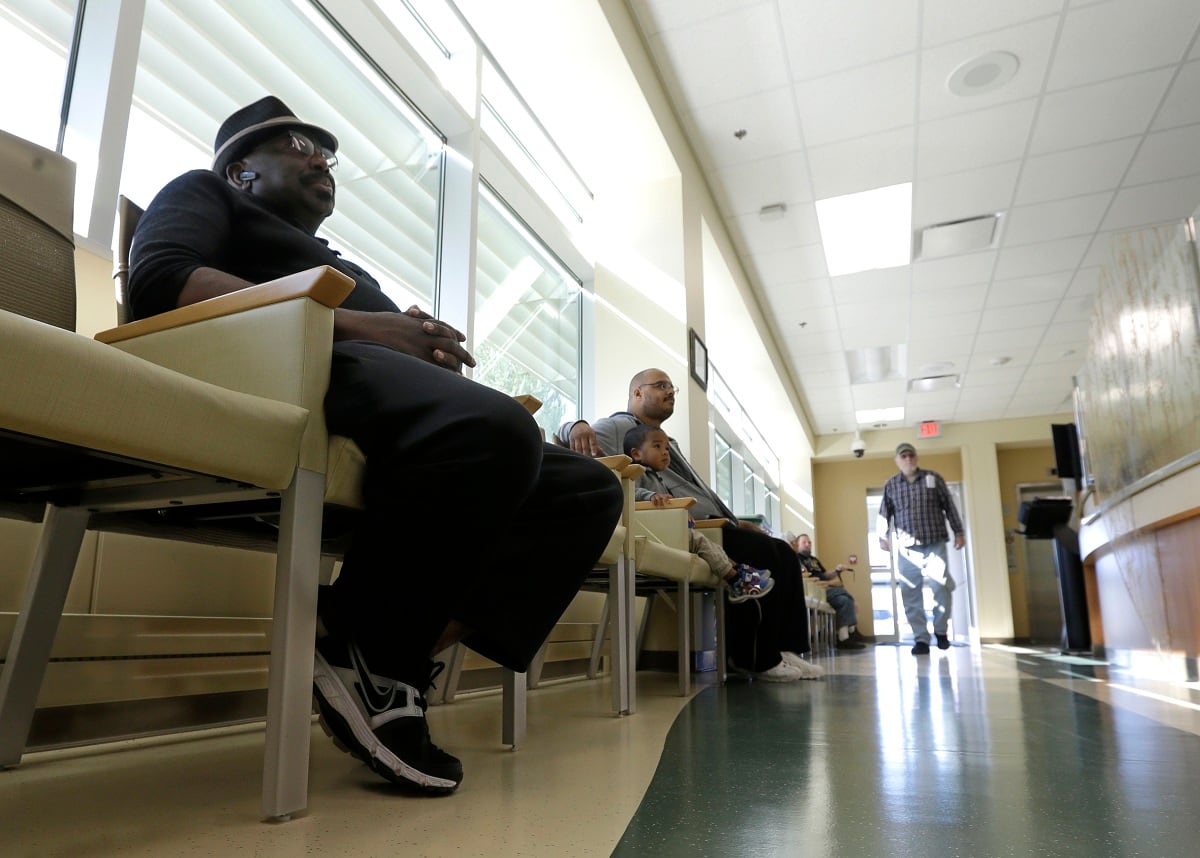Veterans “choice” is happening in 10 weeks, unless critics can find a way to stop it.
Veterans Affairs Secretary Robert Wilkie this week expressed his confidence that new community care standards expanding veterans access to private-sector physicians will be in place on schedule this June, regardless of ongoing concerns over the changes.
“The statute is very clear, the timelines are very clear,” he told reporters after a Senate Veterans’ Affairs Committee hearing on Tuesday. “The regulations are in place. I can’t see them changing unless Congress steps in between now and June 6.”
But Congress may try that. Democratic lawmakers have expressed numerous concerns about the outside care expansion they say are still unanswered: how much it will cost; how it will affect other VA health care reforms; what standards private-sector physicians will have to meet; and whether it all amounts to a stealth privatization of the department.
RELATED

House Veterans’ Affairs Committee Chairman Mark Takano, D-Calif., said he’ll find ways to halt those changes if his questions aren’t answered soon.
“I’d rather make sure we get the VA to do the right thing rather than meet this time deadline,” he said Thursday.
The VA Mission Act changes — often labeled as “choice” by President Donald Trump, even though a separate VA program with that name already exists — amount to a significant expansion in the number of veterans who can receive private-sector health care with taxpayers’ funds.
Published in the federal register last month, the moves could triple the number of veterans eligible for the care, expanding it to almost a third of the former military population.
Veterans who live more than 30 minutes from a Veterans Affairs medical clinic or face a wait of more than 20 days for most health care appointments would be eligible for expanded community care programs. Wilkie and VA officials argue those standards fall in line with military health care and private sector benchmarks
The updated standards would replace the 40-mile, 30-day guidelines currently in place for most veterans. For specialty care, veterans would have a 60-minute-drive or 28-day wait standard.
About one-third of all VA medical appointments are currently handled outside the department’s health care system now, a figure that has held steady in recent years.
And VA officials have insisted that they do not expect a significant increase in the number of veterans who seek care outside the traditional VA health care system. They argue the new rules give veterans the flexibility to pick the best health care options for their situation, but assume many will still stick with the VA care they’re already using.
“The care in the private sector, nine times out of 10, is probably not as good as care in VA,” Wilkie told the committee.
RELATED

But opponents say the department’s projections are flawed, and question their estimates that the moves won’t ultimately draw funding from other VA priorities. When Wilkie noted this week that the department needs $60 billion in facility improvements nationwide in coming years, Senate Democrats asked why that money isn’t included in the president’s budget plans.
“You have said no privatization, and your staff has also said that,” Sen. Jon Tester, D-Mont., told Wilkie at a Senate Veterans’ Affairs Committee hearing on Tuesday. “Everything that I'm hearing and everything I'm seeing says something different.”
This week, 55 lawmakers (no Republicans) sent a seven-page letter to VA officials detailing concerns over how the new rules were crafted and their potential impact.
“We are very concerned that his proposal will ultimately degrade the Veterans Health Administration for those veterans who prefer and rely on its health care services to lead more meaningful, healthy lives,” they wrote. “We fear this proposed rule will be the first step towards dismantling the system.”
Wilkie has pushed back on that criticism, noting that the president’s VA budget proposal calls for another big jump in spending next year. “It’s not borne out by our budget.”
Veterans groups have expressed concerns about the specifics, as well, and urged VA officials not to move ahead too quickly with the changes.
Officials from the Veterans of Foreign Wars said the department still needs to refine its standards for outside care quality and communicating advantages of VA care to veterans. Disabled American Veterans this week called for “withdrawing the current proposed rule and swiftly replacing it with a new proposed regulation based on more realistic, feasible and sustainable access and quality standards.”
In addition, Sen. Tammy Duckworth, D-Ill., and a combat-wounded Iraq war veteran, asked the VA inspector general this week to look into whether administration allies manipulated the public comment process of the new rulemaking, further complicating the process.
RELATED

Duckworth said veterans advocates found “an unusually high volume of identical public comments” designed to create a false sense of public support for the controversial rule changes.
“If automated entities are spamming the public comment process, this not only wastes taxpayer dollars in the form of hours spent sifting through bot-generated messages, but it also threatens to drown out the voices of real veterans, veterans service organizations and other advocates,” she wrote.
Even with those concerns, it’s unclear whether those opponents have leverage to stop the new rules.
Both the House and Senate Veterans’ Affairs Committees have hearings scheduled early next month to review the issue, but under current law the new regulations are mandated to be in place in June. Republican lawmakers have offered questions and potential improvements, but thus far have appeared uninterested in wholesale delays to the process.
“From some comments from some of my colleagues, it's almost like we're giving some of our veterans too much choice,” Sen. Thom Tillis, R-N.C., said in response to Democratic concerns about the Mission Act changes.
Wilkie said failing to move ahead with the new rules “would no longer be a veteran-centric, patient-centric approach to health care.” He said he’ll work in coming weeks to explain more specifics of the changes, but isn’t looking for any reason to slow them down.
Leo covers Congress, Veterans Affairs and the White House for Military Times. He has covered Washington, D.C. since 2004, focusing on military personnel and veterans policies. His work has earned numerous honors, including a 2009 Polk award, a 2010 National Headliner Award, the IAVA Leadership in Journalism award and the VFW News Media award.




